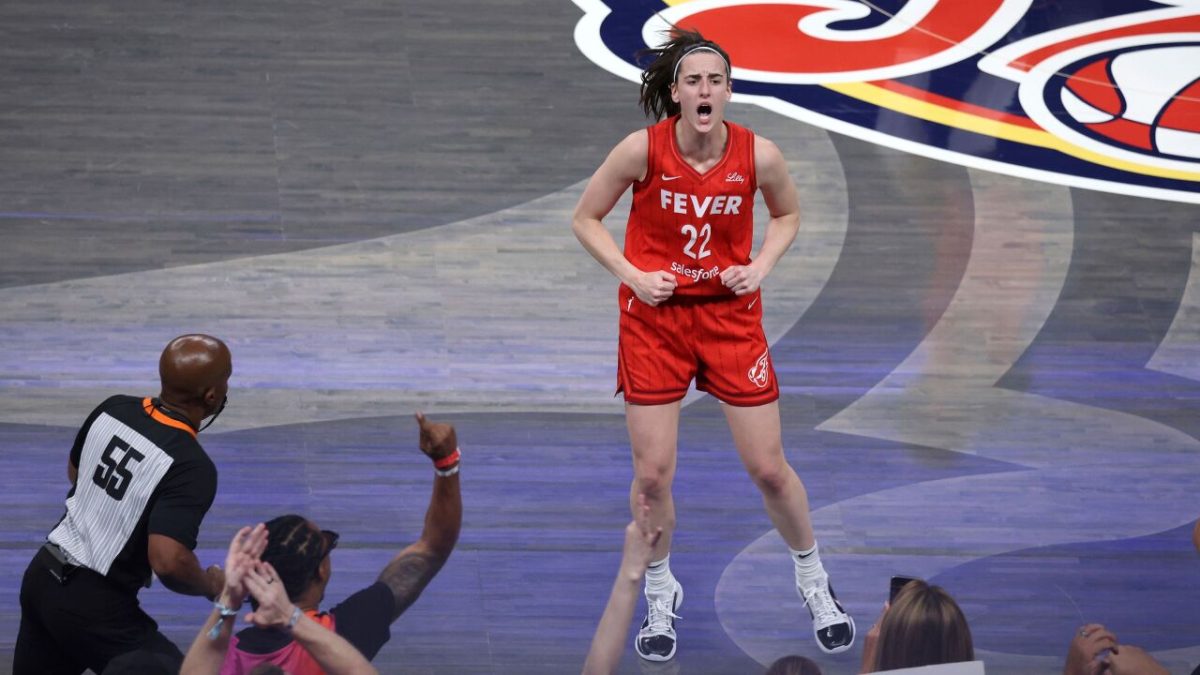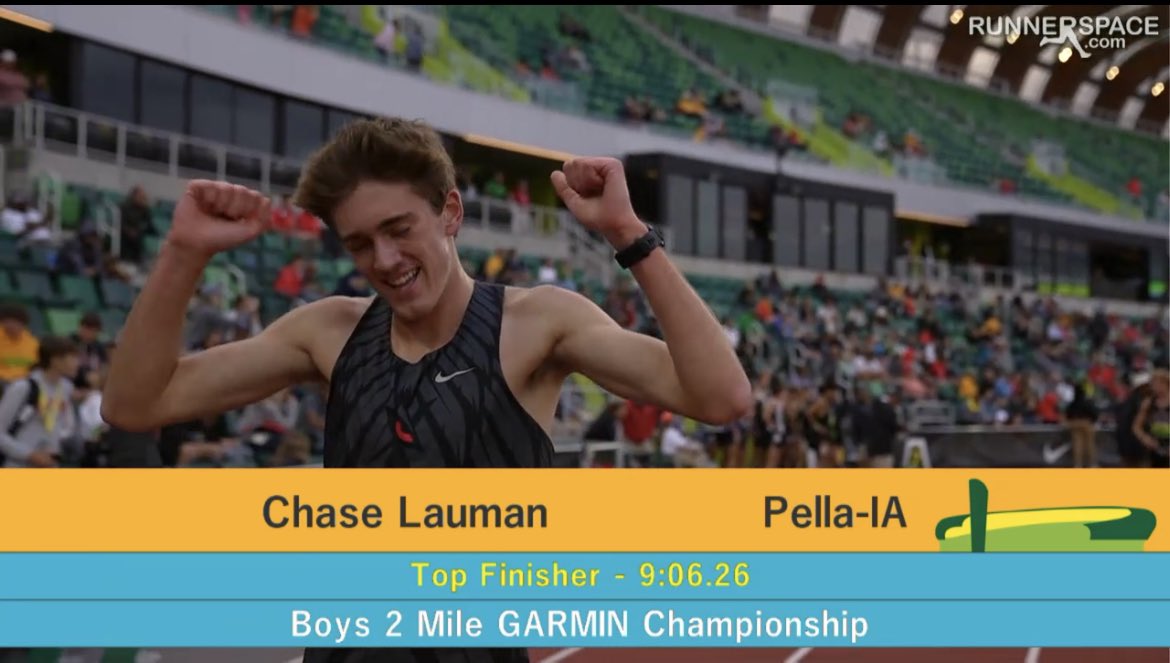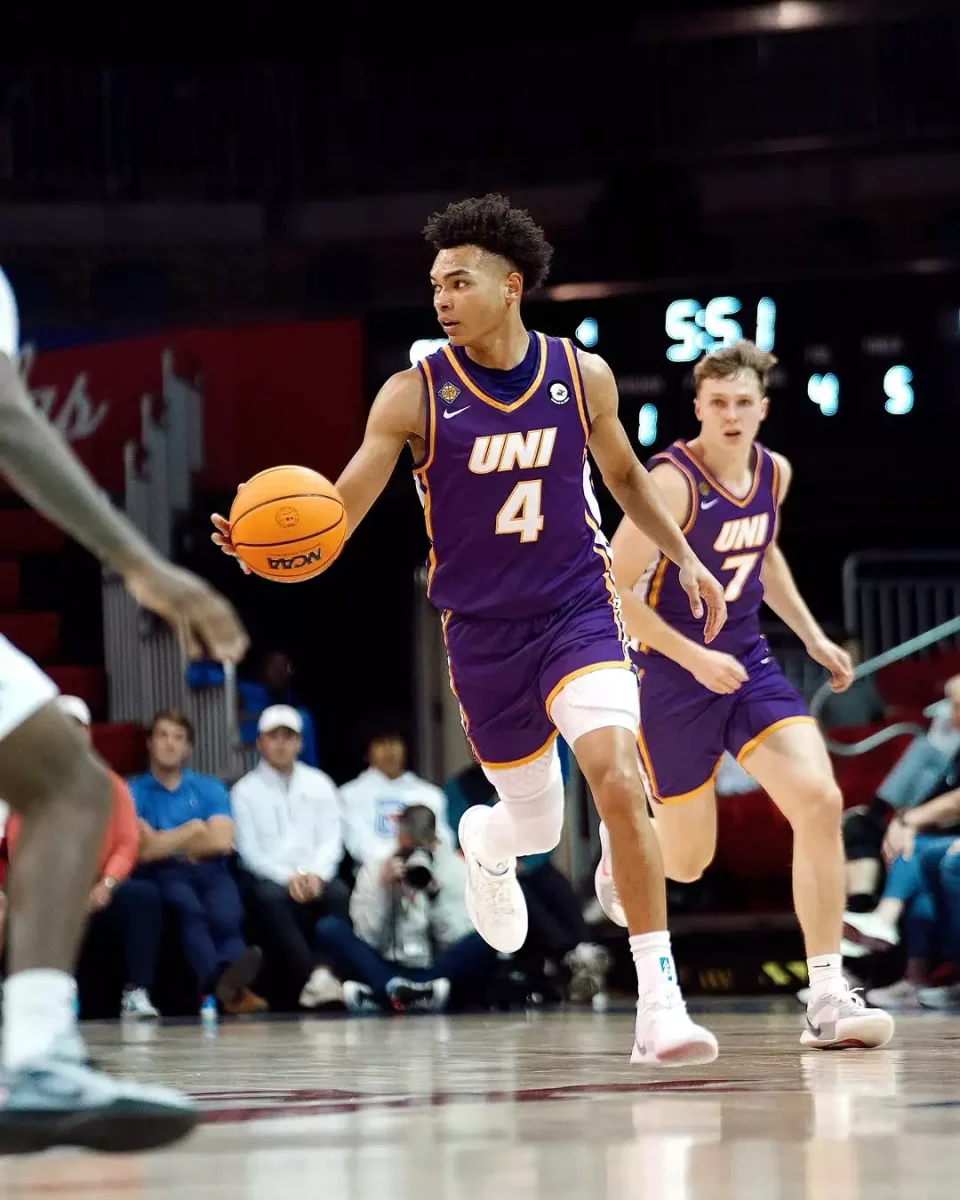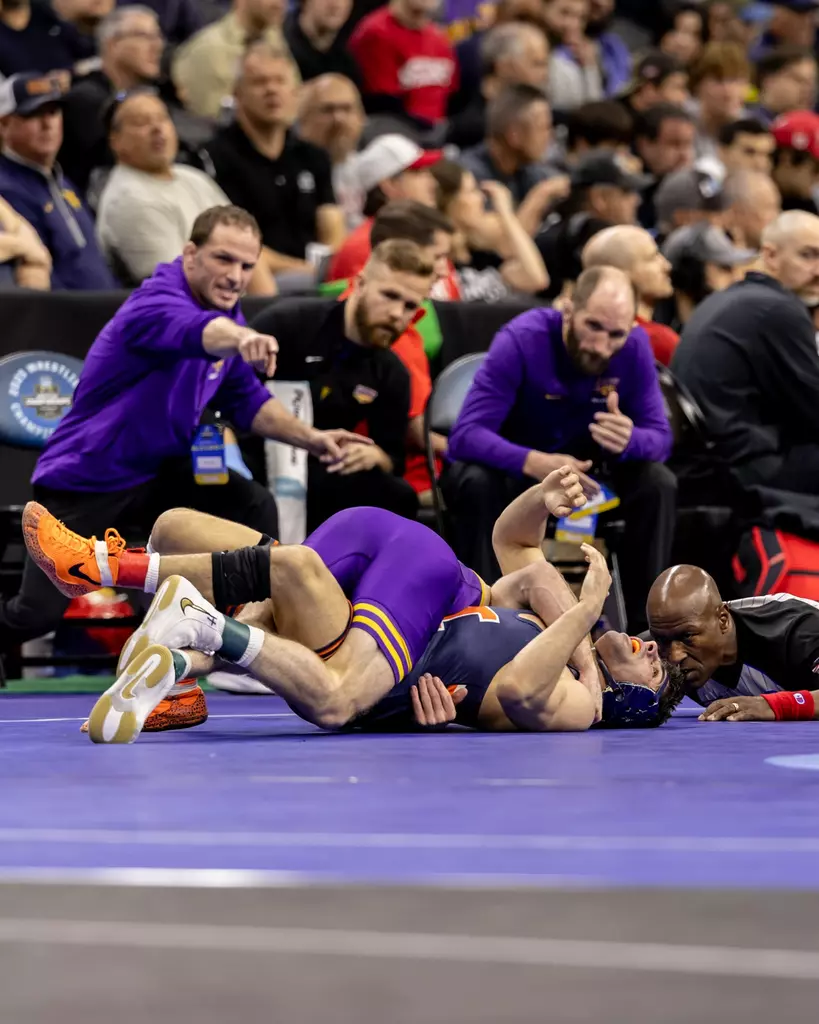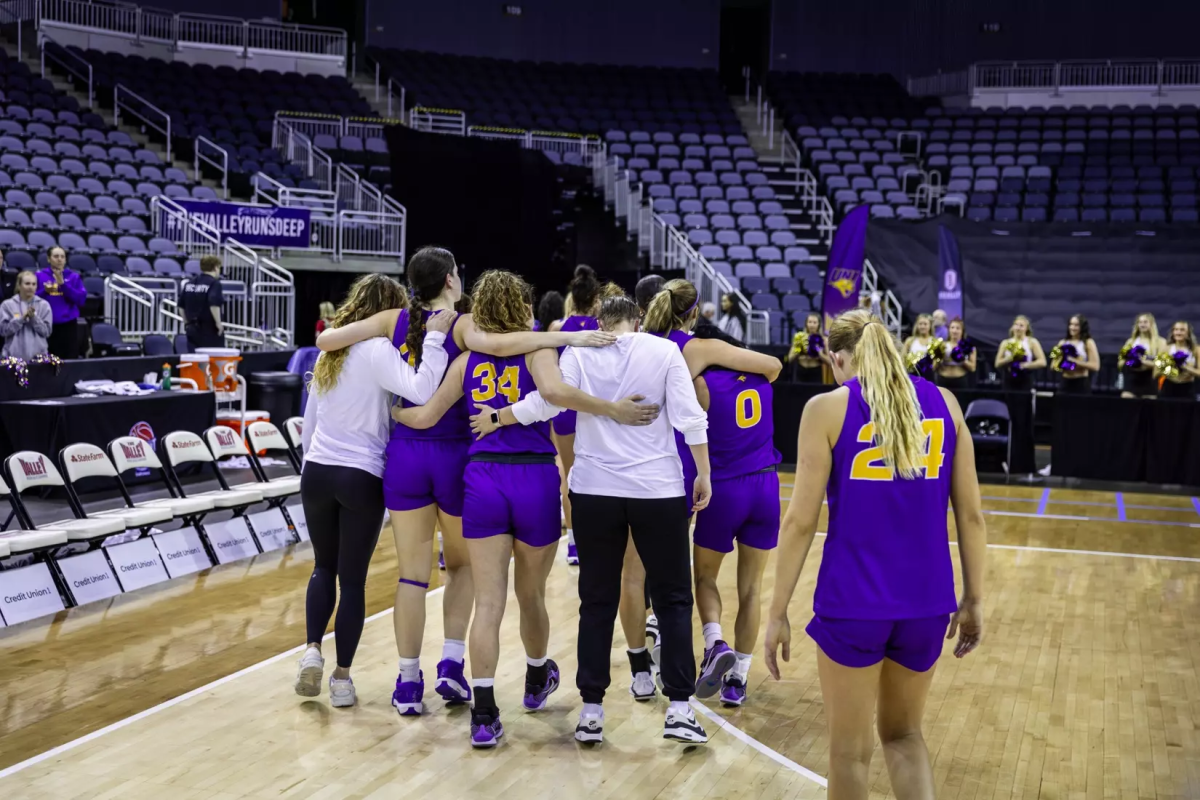What does it mean to be generational? In sports, being generational is equated with the types of athletes only emerging once during a person’s lifetime. These athletes have become a worldwide phenomenon, reaching those outside the sports sphere — special people bringing deserved recognition and appreciation for their sport and its athletes. Almost every major form of athletics has its generational figure, sometimes multiple. Yet, women’s basketball was still searching for its game-changing player, the woman who can reshape the outlook of their beautiful game.
And then, they found her. Born in the humble state of Iowa, Caitlin Clark left an unprecedented mark on women’s college basketball. In her senior season at the University of Iowa, Clark led the Hawkeyes to a national championship appearance, helping captivate almost 19 million viewers in her final game, and rightfully so. Spectators across the globe wanted to see the logo threes and mind-boggling passes synonymous with Clark, the types of plays never seen before from women’s hoops.
Basketball enthusiasts hoped these eyes would follow Clark and the women’s game to the professional level. Still, no one wished more for the fame and notoriety that accompanied Clark than the WNBA, an underappreciated that’s been association since its inception. With the world watching, the Indiana Fever selected Clark with the first overall pick in the 2024 WNBA Draft. The organization and the league hoped they were getting a generational player, an athlete who would transcend their sport. And they were.
Caitlin Clark would live up to the most unfathomable expectations placed on an athlete since Lebron James. She would even surpass them. Like anyone’s success, the regular critics and detractors followed her journey. But so did malicious analysts and bitter parties. A look back on Clark’s record-breaking rookie season reveals a deeply rooted, vindictive culture among the WNBA and its contemporaries that hinders women’s basketball expansion.
On the court, Clark’s rookie season opened with a shaky start. The Fever began 1-8 on the year, and Clark struggled with turnover issues and scoring inefficiencies. Many cited that she needed to adjust to the professional game’s physicality, evidenced by a ruptured eardrum Clark received from a hard (but legal) screen set by veteran Jonquel Jones on June 2. However, Clark began to show signs of progression approaching the season’s halfway mark. She recorded the first triple-double by a rookie in WNBA history on July 6 and followed it up with a WBNA record 19-assist game on July 17. Nearing the Olympic break, the Fever sat at 11-15, poised to make a playoff push for the first time since 2016.
After a controversial decision left Clark off Team USA’s Paris Olympics roster, she returned to the WNBA with a vengeance. Indiana Fever head coach Christie Sides even revealed that Clark had sent a private message to her claiming the Olympic committee “woke a monster.” Judging by her play, one would certainly agree. Clark averaged 24.6 points, 9.0 assists, and 5.0 rebounds after the break, helping the Fever finish with a 20-20 record and secure their first playoff appearance in eight years.
Clark captured a laundry list of rookie and WNBA records over her season, resulting in being named Rookie of the Year. This decision was almost unanimous amongst league officials, yet one voter concurred Clark was not worthy of this award. This unnamed figure sparked immense controversy across social media, ultimately overshadowing the work of other young women competing for the award. An honor intended to be won based on athletic performance now held a narrative written on racial privilege, just one of the controversies surrounding Clark and the WNBA.
Women’s basketball has found its generational player. Finally, millions of people are tuning in to give WBNA athletes the credit they’ve earned. Unfortunately, media-driven agendas surrounding racism and bigotry threaten to take eyes away from the league. For the WBNA to thrive, the league and its community must build up all its stars rather than tear them down. Consequently, this will pave the way for future standouts to grow the game and its fans further. If this current issue is resolved, the association will be one step closer to giving women’s basketball the spotlight it deserves.


